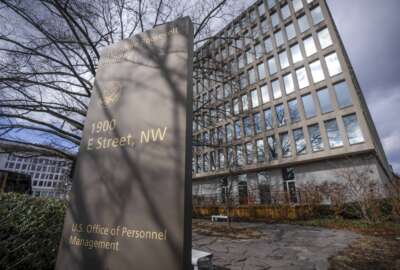Tribunal says UK spies’ Internet surveillance was unlawful
By JILL LAWLESS Associated Press LONDON (AP) — U.K. spies acted illegally when they scooped up data about Britons’ electronic communications gathered by...
By JILL LAWLESS
Associated Press
LONDON (AP) — U.K. spies acted illegally when they scooped up data about Britons’ electronic communications gathered by the U.S. National Security Agency, a court ruled Friday in a landmark judgment against Britain’s security services.
But the judges said now that details of the practices are known, they are within the law.
Britain’s Investigatory Powers Tribunal, which handles complaints against the intelligence services, ruled in a case brought by civil liberties groups against the electronic intelligence agency, GCHQ. It was the first time the tribunal has ruled against an intelligence agency.
It said before December 2014, “the regime governing the soliciting, receiving, storing and transmitting by U.K. authorities of private communications of individuals” gathered by the NSA contravened European Union protections of privacy and freedom of expression.
But it ruled the practices were now legal — because the lawsuit had made details of the procedures and safeguards public.
During the case, the government revealed that British spies can access data from U.S. agencies with approval from a Cabinet minister if the interception is deemed “necessary and proportionate.”
The rights groups brought the case after U.S. intelligence analyst Edward Snowden’s disclosures about the mass harvesting of communications data. Snowden leaked details of NSA programs known as PRISM — which accessed data from Internet firms such as Yahoo and Google — and Upstream, which tapped into undersea communications cables.
The groups that brought the claim — Liberty, Privacy International, Bytes for All and Amnesty International — called the judgment a partial victory.
Privacy International director Eric King said the ruling confirmed that “GCHQ and the NSA have been engaged in an illegal mass surveillance-sharing program that has affected millions of people.”
The groups said they would appeal the ruling that the data-sharing was now legal to the European Court of Human Rights.
The judgment does not require GCHQ to pay a fine or delete any data, though individuals can ask the tribunal to find out whether their communications were intercepted unlawfully. If so, the GCHQ could be forced to delete it.
GCHQ said it was pleased the court had found that it complied with the law, adding that the ruling “does not require GCHQ to change what it does to protect national security in any way.”
Copyright 2015 The Associated Press. All rights reserved. This material may not be published, broadcast, rewritten or redistributed.
Copyright © 2025 The Associated Press. All rights reserved. This website is not intended for users located within the European Economic Area.






